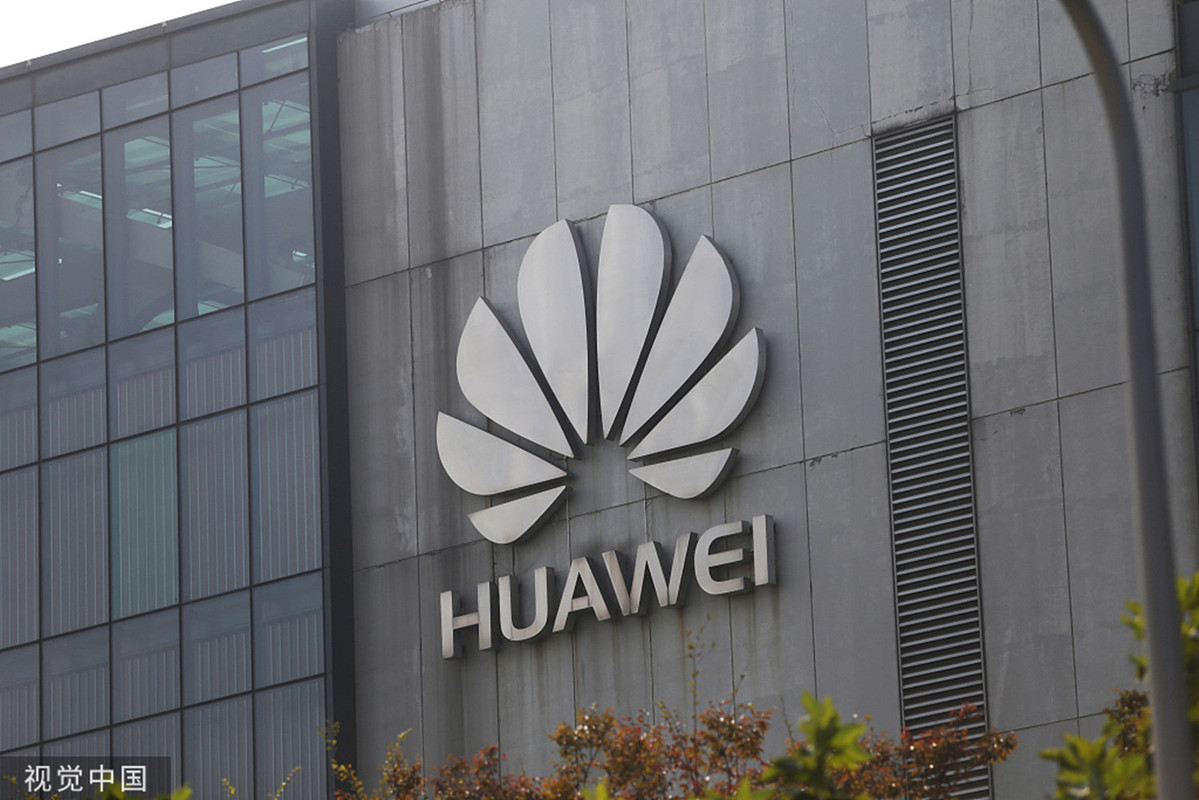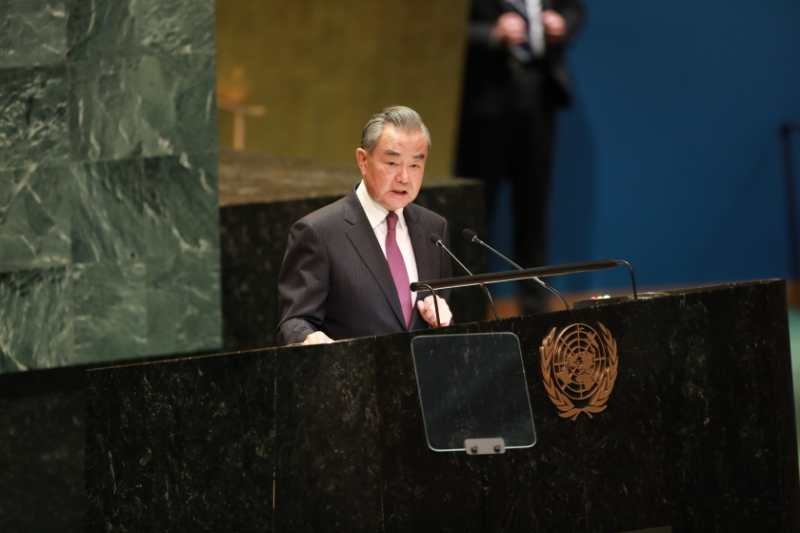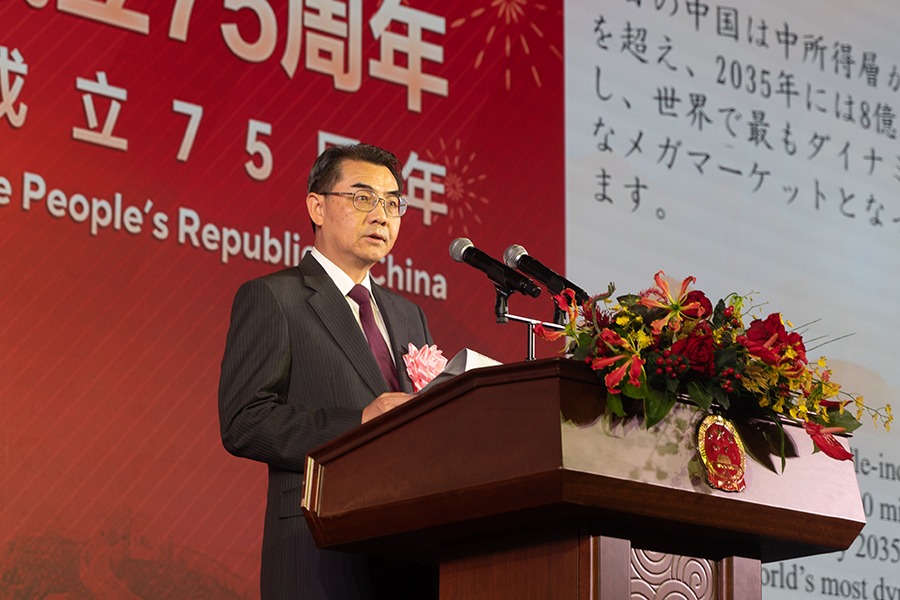Huawei ban puts UK in the slow lane


UK govt decision to cut Chinese firm out of networks seen as shortsighted
One member of the United Kingdom Parliament called it a "car crash for the digital economy". Huawei said it was "bad news for anyone in the United Kingdom with a mobile phone".
Descriptions vary, but few deny that the UK government's decision to ban Chinese telecommunications company Huawei as a 5G supplier will have a monumental impact on the future of technology in Britain.
On Tuesday, Culture Secretary Oliver Dowden said that British mobile operators will no longer be allowed to source kit from Huawei, as imminent United States sanctions threaten to disrupt the company's supply chain. Dowden also said that existing Huawei 5G hardware would be removed from network infrastructure.
Dowden then announced a surprisingly unforgiving timeline for these measures. Among the world's largest technology companies, Huawei provides UK vendors with around one-third of their network equipment, and mobile operator BT has said it would need a five-year warning of a Huawei boycott in order to source enough kit from elsewhere. Dowden said the ban comes into effect at the end of 2020, with existing Huawei 5G kit to be removed by 2027.
Dowden conceded that the move would come at great cost to the UK economy and would significantly hold up 5G development. He estimated that the ban will delay the rollout of 5G in Britain by two to three years at a cost of 2 billion pounds ($2.5 billion).
Some in Parliament questioned if this figure was optimistic, referring to separate estimates from industry analysts of losses of up to 7 billion pounds.
Shadow digital minister Chi Onwurah said that the government's handling of Huawei had created a "car crash for the digital economy, but one that would have been visible from outer space".
The UK has also effectively hamstrung itself in the race to achieve widespread 5G, and all the supplementary benefits that technological milestone will bring, according to Ed Brewster, a spokesman for Huawei UK.
"This disappointing decision is bad news for anyone in the UK with a mobile phone," Brewster said. "It threatens to move Britain into the digital slow lane, push up bills and deepen the digital divide."
On Monday, Huawei UK Chairman John Browne announced he would step down from the role, likely in anticipation of the government's ruling.
Leaving its impact aside, many observers are left questioning the motivation behind this act of national self-harm. The move comes as US sanctions on Huawei set for activation in September will effectively cut off Huawei's access to semiconductors made with US equipment.
Prime Minister Boris Johnson held a meeting with his National Security Council on Tuesday morning, where he was advised that the sanctions, announced in May, would impact the reliability of Huawei as a 5G provider.
"The UK can no longer be confident it will be able to guarantee the security of future Huawei 5G equipment," Dowden told Parliament.
Johnson's decision represents an about-face on previous policy made in January, when he ignored drawn-out lobbying from Washington for a Huawei boycott, instead opting to allow the company to continue operations in the UK in a restricted capacity.
Onwurah said that the government's approach to Huawei has been "incomprehensibly negligent". She asked for the Johnson administration to publish the security advice on which the most recent decision was taken, including what new information the government was given that was not available when the earlier determination was made to allow Huawei to continue its UK operations.
"The secretary of state (Dowden) has said that this change is in response to US sanctions, but in the past, he has emphasized how closely he was working with the United States," Onwurah said. "So were the sanctions a surprise, and is our security policy being led by the US?"
Huawei UK spokesman Brewster said he regrets that the company's future in the UK "has become politicized".
"This is about US trade policy and not security," Brewster said. "Instead of levelling up the government is leveling down and we urge them to reconsider. We remain confident that the new US restrictions would not have affected the resilience or security of the products we supply to the UK."
Following the announcement of the ban, Assembly Research founder Matthew Howett, who oversaw an influential 2019 review of the potential impact of a Huawei boycott, wrote on Twitter: "I hope we at least get that US trade deal".
In Parliament on Tuesday, Dowden spoke on the Huawei ban "in the context of the United Kingdom's wider relationship with China".
"This government is clear eyed about China," he said. "What we want is a modern and mature relationship with China, based on mutual respect where we are able to speak frankly when we disagree, but also to work side by side with China on the issues where our interests converge."
































